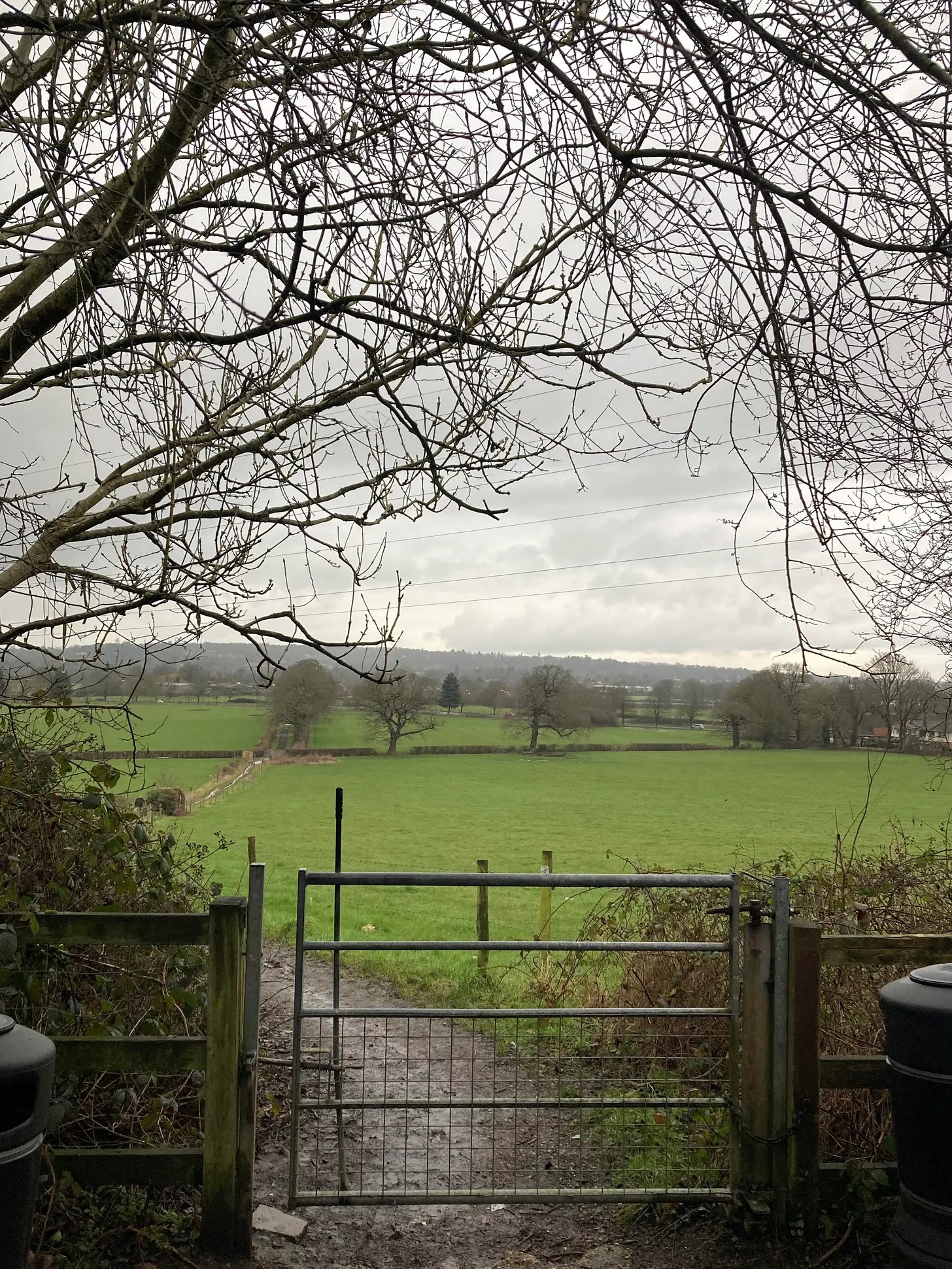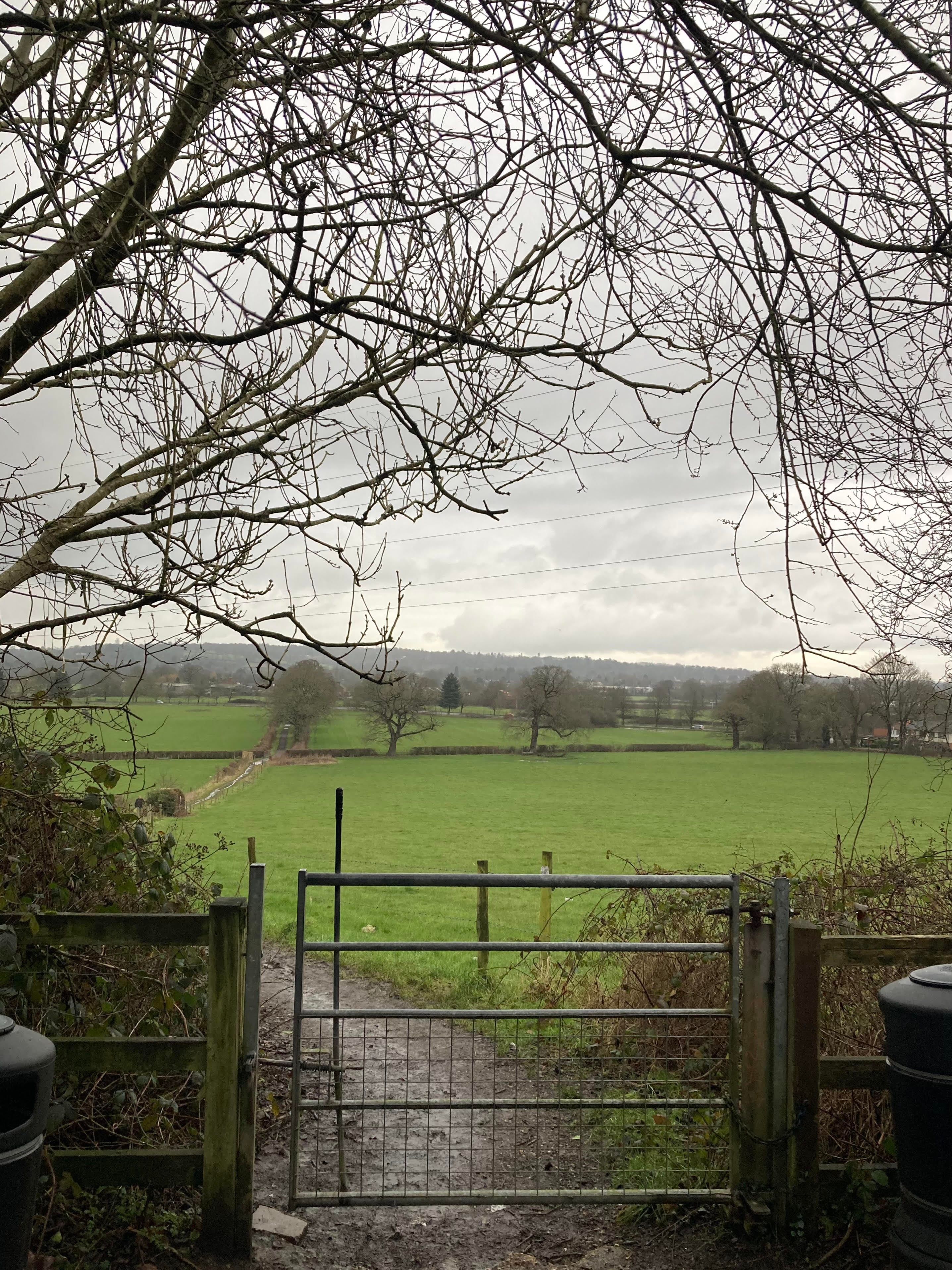
February 2025: Where did the sun go? And other questions
I have been having a very disorienting time lately, feeling unsure as to how we have arrived at February 2025, but also feeling thankful that January is finally over.
Low points included having to cook the entire contents of the freezer (had it too also given up on the month?!) and thankful for time catching up with friends I’d hoped to see some months ago.
The sun has seemingly gone into hiding (is it too drinking kefir, recovering from the festive flu, and trying to nurse its gut microbiome back to health?), leaving London with an incredibly bleak grey sky. For full proof of the bleakness, I checked the weather app to find a suitable date for a sunny walk with a friend, only to find there were no sunny days forecast for the next ten days. We should go for coffee instead.
Girl power
As I was leaving Church last Sunday evening, a poster in the porch caught my attention. It appeared to be advertising a new group for women in the parish, and complete with a WhatsApp number to contact and seemingly created in Canva, I felt excited by the prospect of meeting some friendly Catholic young women in the local area (who have thus far proven to be entirely elusive, or potentially non-existent).
Perhaps a product of 14 years of an all-girls education, the gender balance in the Modern Languages faculty (I had one language class which was twelve girls and George), and the enduring friendships formed over endless coffees, late-night chats and brunches with university friends (the debrief often being the best bit of a social occasion), I have a particular heart for female friendships.
As I read down the poster however I realised that this new group might just not be one for me. The theme of the first session, ‘the impact of reduced hearing’, admittedly began to raise some alarm bells, but I held out hope - even past ‘being a Catholic grandmother’ - until I saw the final session of the series: ‘wills and probate’. I’ll give this one a miss I think, at least for another sixty years.
Dating advice
I dread to inform you that I’ve become one of those girls who has a handful of dates at the ready at all times. Looking for one to boost your low energy in these wintry months? Fancy a companion as you settle down on the sofa for an episode of Slow Horses? Could do with a mid-morning boost as you have your morning cup of tea? And even better, no back-and-forth texting, schlepping across London to loud pubs, or awkward small chat is involved.
These dates are filled with almond butter, dipped in chocolate, and topped with a sprinkling of sea salt. They seem to have occupied 90 per cent of my Instagram ‘for you’ feed (likely because I search ‘why am I so tired???’ multiple times a week) and are checking all of my boxes this Valentine’s Day.
Amusingly, due to a slight ordering mishap with a wonderful Muslim friend who has an admirable side quest of distributing dates ahead of Ramadan later this month (yes I know I’m Catholic), I have ended up with five kilos of dates. Hinge could never.
- recipe here, if you must: Almond Butter & Chocolate-filled Dates | Deliciously Ella (UK)
- I am very much currently into Slow Horses on Apple TV, recommended by a friend some time ago. So good!
I Who Have Never Known Men
To round off this accidentally feminist themed Substack, some thoughts on a recent read which has been troubling me ever since I picked up, and too, put down, the novel I Who Have Never Known Menby Jacqueline Harpman. This was my first foray into the post-apocalyptic sci-fi genre (way to beat those winter blues!), and I’m not entirely sure what to think. I’m still slightly unsure as to why the book has become a sudden smash-hit among Gen-Z (it was originally published in 1995), and think while its popularity is probably more revealing of the frankly worrying level of existential angst faced by Gen-Z, it is nevertheless an outstanding piece of fiction.
The book is split into three parts; the first detailing the existence of the forty women who live underground in a cage under artificial conditions, where they are constantly watched by guards and not allowed to show any signs of physical or emotional attachment to each other; the second follows the women as they discover life outside the cage - a foreign and hostile landscape where they encounter no other life forms, and only more morbid cages similar to their own, and gradually dwindle in numbers; in the third part the narrator is the only one of the forty women left alive, and eventually discovers a different cabin, where she remains until her end, writing her account.
As the narrator grows older, she becomes more curious and keen to keep walking through the landscape, and learn more from the women about the past world which they inhabited but which she will never know, lending the novel elements of a perturbed Bildungsroman. There is a deep sense of tragic inevitability which hangs over the short novel, as the reader is left to consider whether her efforts are all but futile, and witness her hope dwindle as each of her companions dies.
As Sophie Mackintosh asks in the Introduction to this new translation, “How much of our humanity is intrinsic? How much remains, when all else is stripped away?”.
Deeply troubling stuff.
 A particularly grey day of late.
A particularly grey day of late.
Post a comment